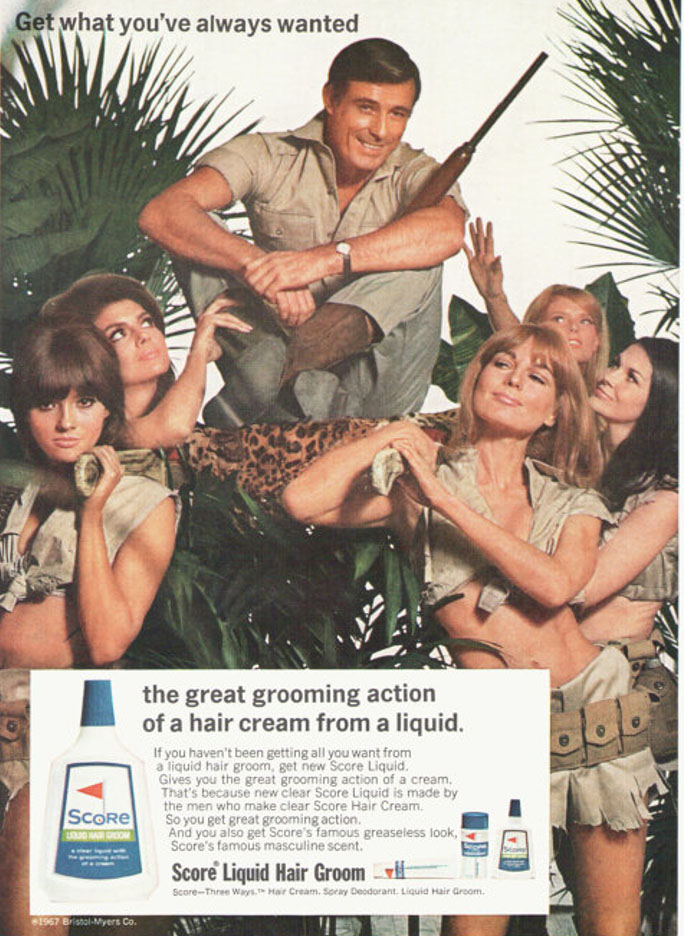- Certain acts and ideas depict your gender.
- The idea of what you do, what you drink, how you talk and how you stand decides who you are, what you are and how you act all the time. It also can put you into one of society’s many groups, where people are all the same or act similarly.
- However Judith is implying that there is no “repetitive” acts that can depict who you are, its all a false idea created by humanity because that’s what is normal, however as we move and and as me mature we realise everyone does what they want and people don’t live by what others think or depict of them. Some people are born a gender but then change because they feel that isn’t who they are, and as the days go on, that is more and more publicly accepted by humanity and people will not need to put on a façade to be a certain way to fit in.
Harry styles article: Quotes
“Styles announced that he hoped to “dispel the myth of a binary existence”” – This displays how Styles see’s the current state of society as not correct and that it needs to change, however I feel as if he has gone the wrong way around it.
“Styles’s first business venture includes a range of nail polishes, an illuminating primer serum, and a dual-purpose eye and lip oil.” – The reason I state I believe that Styles has gone the wrong way around this is because instead of maybe doing a show or charity event to raise money to donate to charities such as Human Rights Campaign Foundation or The Trevor Project he made a company he could profit off of.
“Undoubtedly, there is serious value in beauty now. In July, the global beauty industry was valued at $511bn” – This quote proves to me that Styles see’s this as a money grab more than anything else, with his large following he could amass an incredible amount of money and a big business, one like Lada gaga or Beyoncé.

